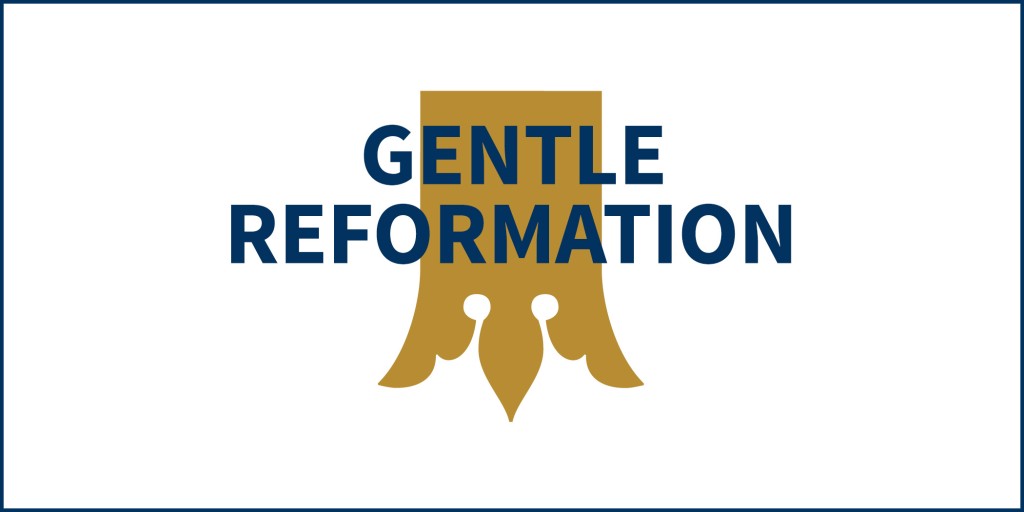You have free articles remaining this month.
Subscribe to the RP Witness for full access to new articles and the complete archives.
Introduction
The book of Malachi unfolds during Israel’s postexilic era. The people have returned from Medo-Persian domination, and Nehemiah has led the work of rebuilding the temple. Despite Israel’s release, Malachi, as a book, ends the Old Testament with great disappointment. Haggai had announced that God would “shake all the nations” and that His temple would be filled with the treasure of the nations (Hag. 2:6–9). But that had not happened. Zechariah foretold that the remnant of God’s people would come into possession of blessing upon blessing (Zech. 8:9–12). That, too, had failed to materialize. And so, when God announced His love for His people, it was met with scorn.
God’s Unchanging Love
“How have you loved us?” (Mal. 1:2) sounds like a child’s retort. And yet, ever the parent, God answered, but not with sentiment or feeling. Instead, He answered with theology. His answer was the doctrine of election, “[I] have loved Jacob, but Esau I have hated.” What is more, the end of the prophecy returns to this very theme when God announced, “For I the Lord do not change; therefore you, O children of Jacob, are not consumed” (3:6). Again, God helps His people to think theologically. The relationship that they continue to enjoy with God is based on His sovereign election and He, along with His decree, is immutable or unchanging. This is pastoral, not simply for the postexilic Israelite, but for us as well. God’s faithfulness to His covenant is not dependent upon our work but upon His. But that doesn’t mean there won’t be consequences.
Top-Down Accountability
Like father, like son is an adage that could be employed with equal effect in Malachi. Like priests were corrupt, so too were people. Priests and people would not listen to God’s Word or give honor to His name. And so, God would curse priestly blessings. What is more, He would smear dung on the faces of the priests (2:3)! The obvious intent was to disqualify the priests from engaging in their office.
However, it is not all dark and foreboding. In chapter 2, we find a wonderful text that speaks to the character of a righteous priest. There are three things that characterize a righteous priest of the covenant of peace and life (2:5). First, a faithful priest is one who fears the Lord (2:5). Second, a faithful priest is committed to the truth (2:6). True instruction is found in his mouth. And third, a faithful priest has a godly walk (v. 6). He does not turn aside to the right hand or the left. He walks in peace and uprightness. But where could such a priest be found?
The priests forsook faithfulness, and so did the people of God. The people brought animals to the temple with blemishes, and the priests received and offered them. At one point, we can imagine the prophet standing outside the temple pointing to lame animals that were being brought for the hour of sacrifice, saying, “Try presenting that to the governor! (1:8). You know he would reject it! And yet, you bring it to the Lord God omnipotent? And His priests allow such a thing!” They were robbing God (3:8). The people were keeping their best animals and neglecting the tithe, and priests allowed it. Such apostasy could not continue unchecked, and it wouldn’t.
The Lord Is Coming
The Lord announced that He would come and settle accounts. He would send Elijah before Him, which the New Testament identifies as John the Baptist (Matt. 11:14). And the “sun of righteousness” that John was to herald would rise with healing in His wings (Mal. 4:2). One scholar says that a wing was the fold of one’s robe where precious things were stored. Surely, we must recollect the righteous priest described in the middle of the book. Who could such a one be, this priest whose covenant is life and peace with healing in his wings? Certainly, this is the Lord Jesus Christ, and it was upon Him that accounts were settled. He became a curse for us, so that, in Him, we might become the righteousness of God. Indeed, His wings, no, His whole righteous robe, are precious to all those who call on Him by faith alone, because they are enfolded in it.
